Table des matières
- What is CBD, and Why Should You Care About Interactions?
- How CBD Works in the Body
- Drugs That Should Not Be Taken With CBD
- CBD Gummies, Oil, and Other CBD Products: What You Need to Know
- What Should You Do If You're Taking CBD With Other Medications?
- Final Thoughts: Stay Safe When Using CBD with Medications
- Why Trust Canapuff for Your CBD Products?
- Frequently Asked Questions About CBD and Drug Interactions
What is CBD, and Why Should You Care About Interactions?
CBD, short for cannabidiol, has gained massive popularity in recent years for its potential health benefits. From CBD gummies to CBD oils, people use it to help with everything from anxiety to sleep issues, pain relief, and more. But just like with any supplement or medication, CBD can interact with certain drugs and those interactions may affect how the drugs work or increase the risk of side effects.
If you're thinking about adding CBD to your wellness routine, it's super important to know which medications might not mix well with it. So, let's dive in!
How CBD Works in the Body
Before we jump into the specifics of CBD-drug interactions, let's quickly understand how CBD works. CBD primarily interacts with the endocannabinoid system (ECS), a complex network of receptors in the body that help regulate various functions like mood, sleep, and pain.
CBD has the potential to affect how the body metabolizes certain medications, especially those that are processed in the liver. The reason? CBD can inhibit certain enzymes (like CYP450) that are responsible for breaking down medications. This can lead to higher or lower levels of the drug in your bloodstream, potentially altering its effectiveness or causing side effects.
Drugs That Should Not Be Taken With CBD
1. Blood Thinners (Anticoagulants)
If you're on blood-thinning medications like warfarin (Coumadin), taking CBD could increase the risk of bleeding. CBD might affect the liver enzymes that metabolize these drugs, leading to a higher concentration in your system. This can make blood thinners more potent, potentially causing excessive bleeding or bruising.
2. Anti-Seizure Medications
CBD has been shown to help with seizure control, but if you're on medications like phenytoin (Dilantin) or carbamazepine (Tegretol), there could be an interaction. These drugs also work on the liver enzymes, and adding CBD might either increase or decrease their effectiveness. Always talk to your doctor if you're considering combining these medications.
3. Antidepressants and Antianxiety Medications
Many people use CBD to help manage anxiety and depression, but if you're already taking medications like SSRIs (Selective Serotonin Reuptake Inhibitors), SNRIs (Serotonin-Norepinephrine Reuptake Inhibitors), or benzodiazepines (like Xanax or Ativan), CBD can interfere with how these drugs work. It may intensify side effects like drowsiness or dizziness, or in some cases, make antidepressants less effective.
4. Antibiotics
Certain antibiotics, including erythromycin and clarithromycin, can interact with CBD. These antibiotics are metabolized by the same liver enzymes that CBD affects, and using them together may alter the effectiveness of the antibiotic or increase the chances of side effects like nausea or liver toxicity.
5. Chemotherapy Drugs
CBD has shown promise in helping cancer patients manage symptoms like pain and nausea, but if you're undergoing chemotherapy, it's essential to check with your oncologist before combining CBD with chemotherapy drugs. CBD might interfere with how certain chemo drugs are metabolized, potentially affecting their effectiveness or increasing side effects.
6. High Blood Pressure Medications
While CBD may actually help lower blood pressure in some people, combining it with blood pressure medications (such as beta-blockers or ACE inhibitors) can have unpredictable effects. It might cause blood pressure to drop too low, leading to dizziness, lightheadedness, or fainting.
7. Immunosuppressants
If you're on immunosuppressant drugs (used for conditions like autoimmune diseases or organ transplants), CBD may alter how these medications work. Since these drugs are also metabolized by the liver, CBD could either increase or decrease their effectiveness, which may put you at risk for complications.
CBD Gummies, Oil, and Other CBD Products: What You Need to Know
Whether you're using CBD oil, CBD gummies, or other forms of CBD, the risk of drug interactions remains the same. Some people prefer CBD gummies because they're easy to dose, but keep in mind that gummies take longer to kick in compared to oil. CBD oil, on the other hand, is often absorbed more quickly, giving you faster relief.
When it comes to drug interactions, the form of CBD you choose doesn't change the fact that it can affect liver enzyme function. If you're on any of the medications listed above, it's important to consult your healthcare provider before adding CBD to your routine, regardless of whether you're using CBD oil or gummies.
What Should You Do If You're Taking CBD With Other Medications?
If you're on prescription medications, the best thing you can do is talk to your doctor before adding CBD to your regimen. They can help you understand potential interactions and determine the safest dosage for you.
Here are a few tips to keep in mind:
- Start low and go slow: If your doctor gives you the green light to use CBD, start with a low dose and gradually increase it. This will help you assess how it affects you.
- Monitor side effects: Keep track of any side effects or changes in how you feel after using CBD, and report them to your doctor.
- Consider CBD isolate: If you're worried about interactions, CBD isolate might be a safer option since it's 100% pure CBD and doesn't contain other cannabinoids that could increase interactions.
Final Thoughts: Stay Safe When Using CBD with Medications
CBD is a powerful compound with tons of potential benefits, but like any supplement, it's crucial to understand how it might interact with other drugs. Be mindful of what you're taking, whether it's CBD oil, gummies, or any other CBD products.
By doing your research, talking to your doctor, and using CBD responsibly, you can enjoy its many benefits while minimizing the risks of interactions with medications.
Why Trust Canapuff for Your CBD Products?
When it comes to purchasing CBD products, Canapuff is a brand you can trust. They prioritize quality, transparency, and safety above all. Every product sold on their site, from CBD gummies to CBD oils, undergoes rigorous third-party lab testing to ensure that it meets the highest standards of purity and potency. Whether you're a first-time user or a seasoned CBD enthusiast, Canapuff offers peace of mind with every purchase.



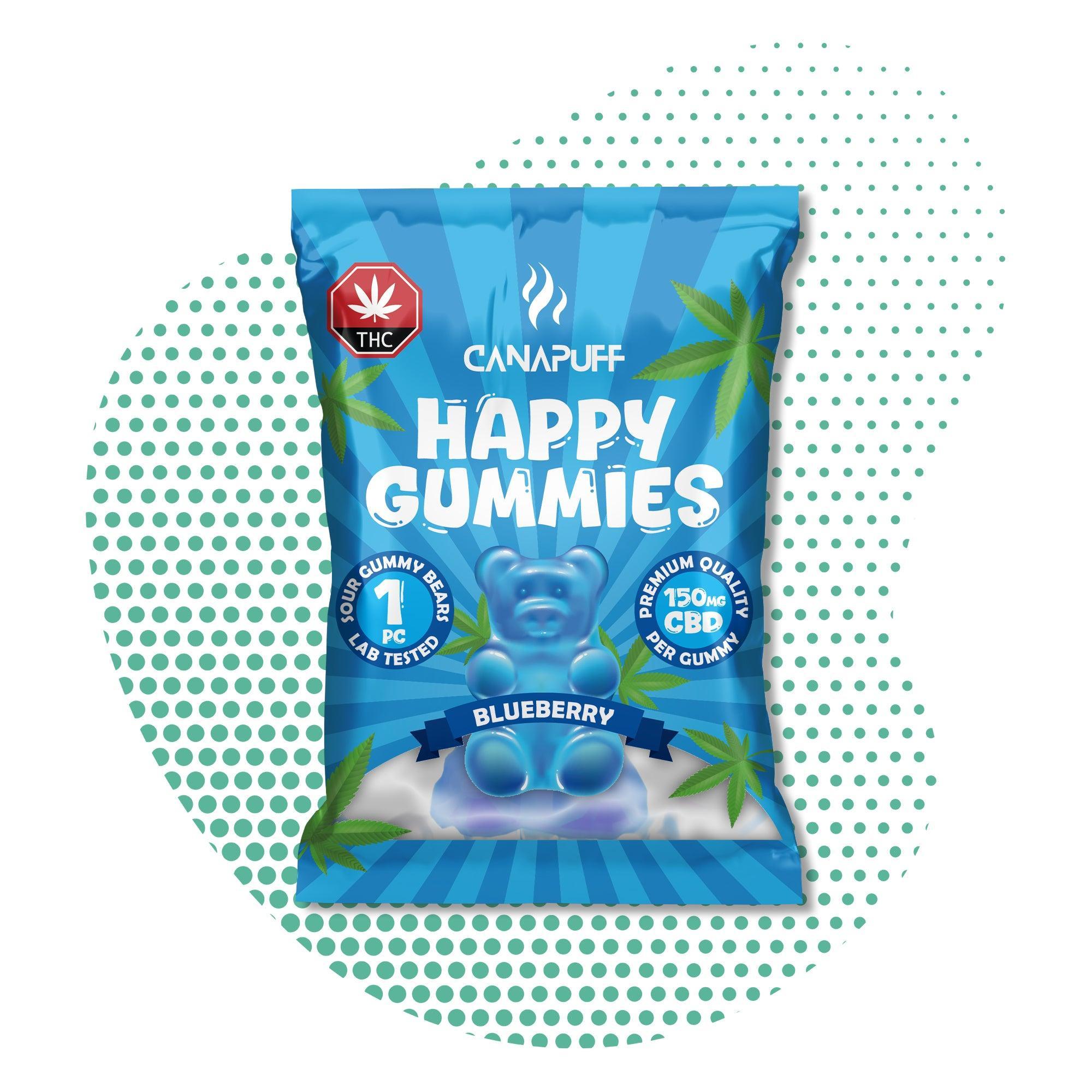
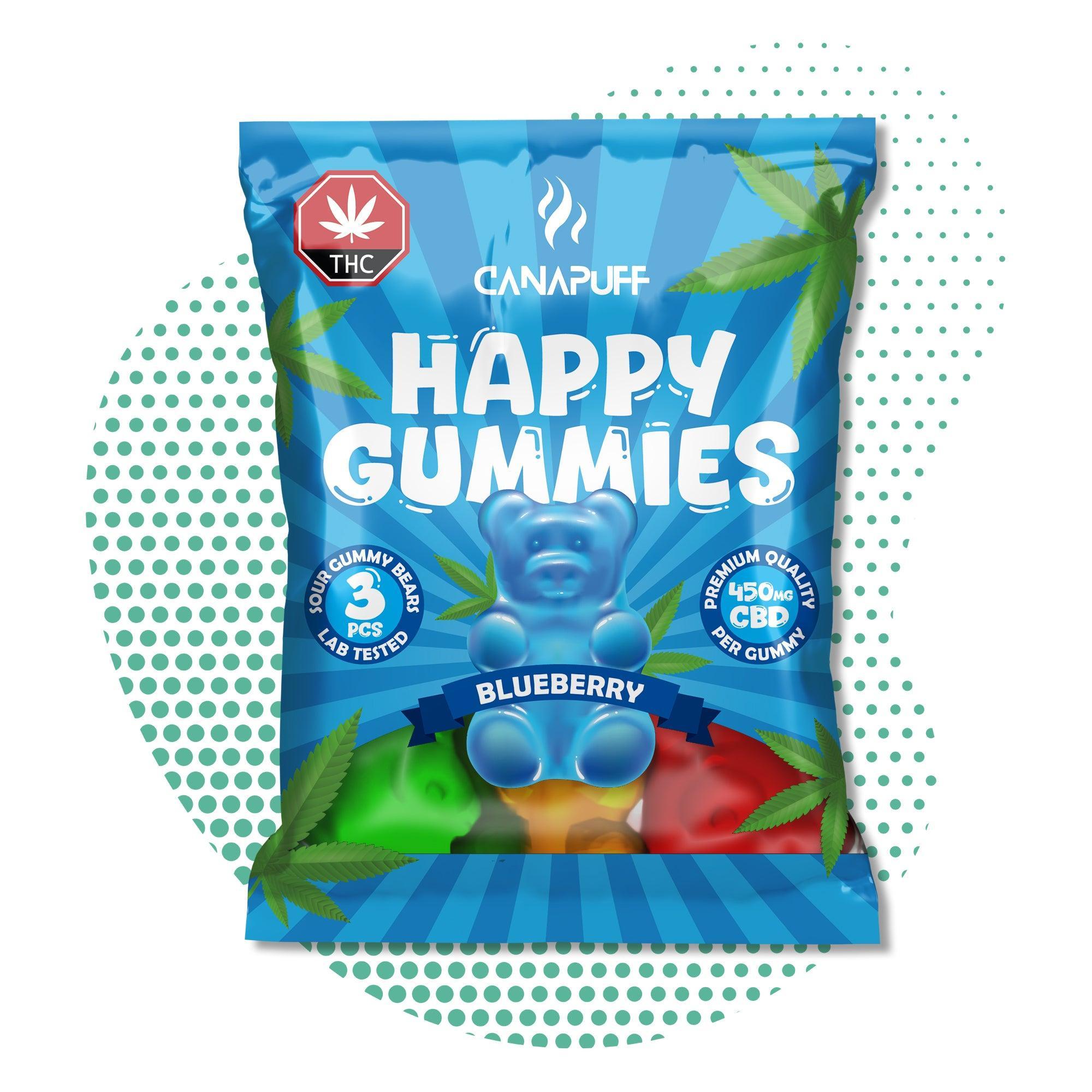
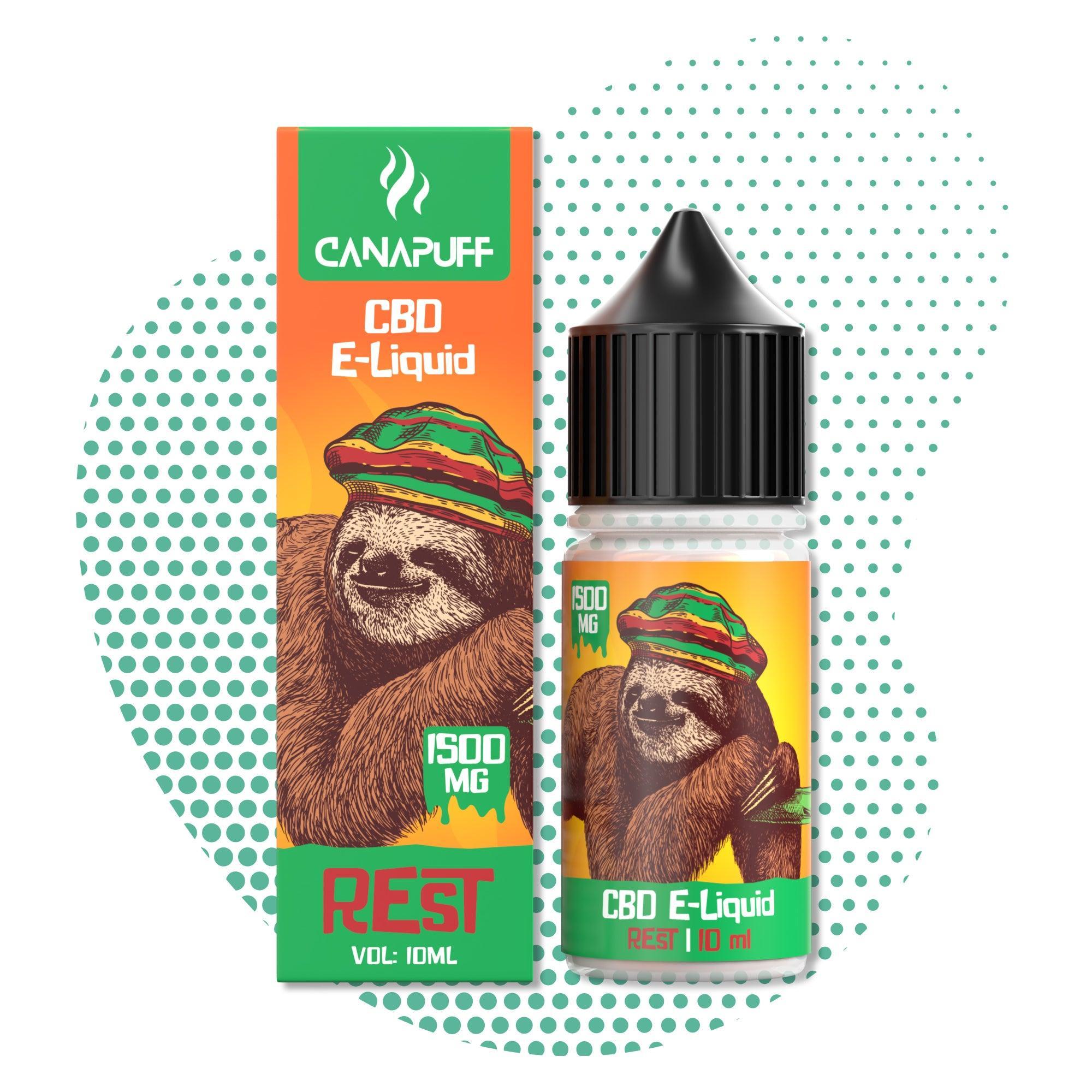


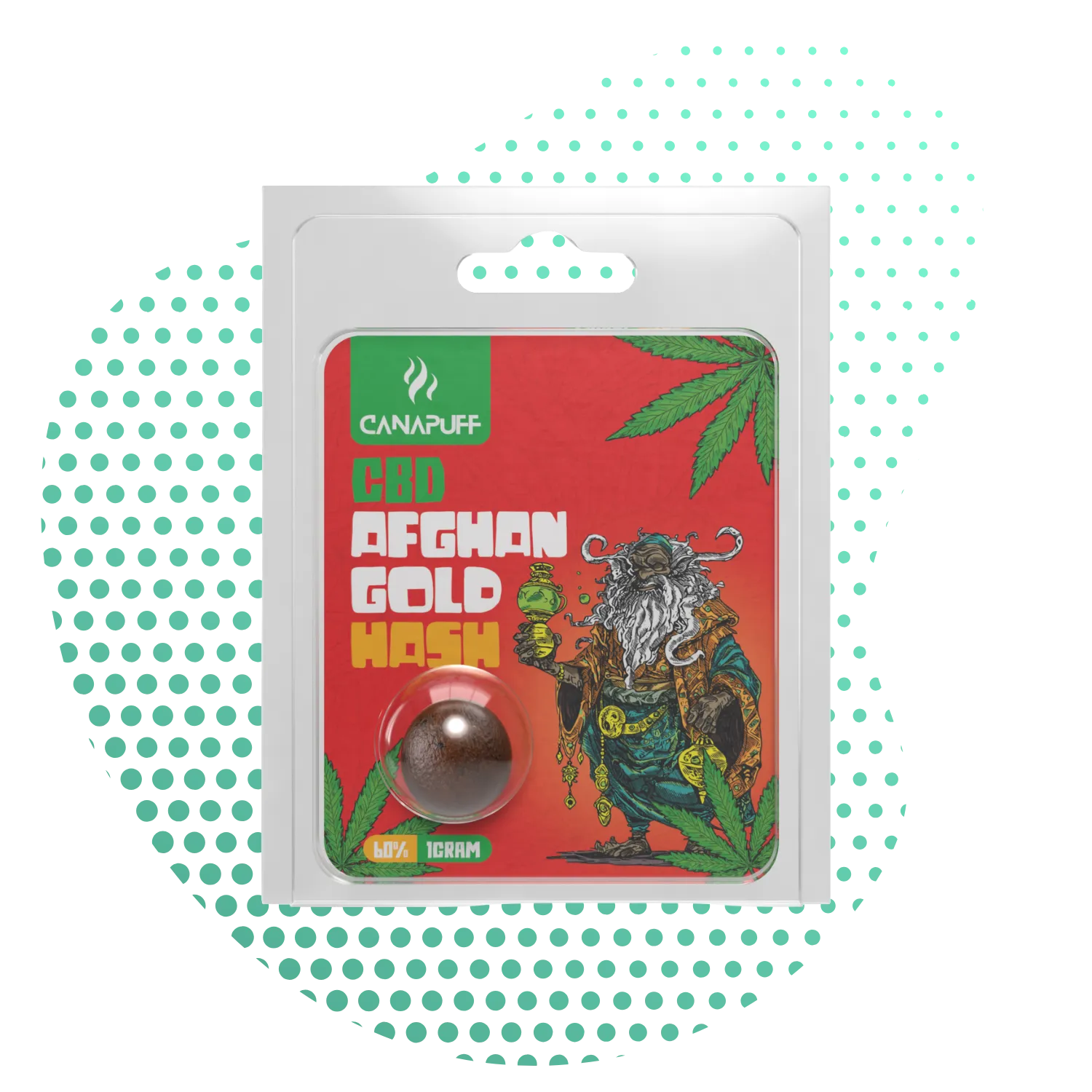
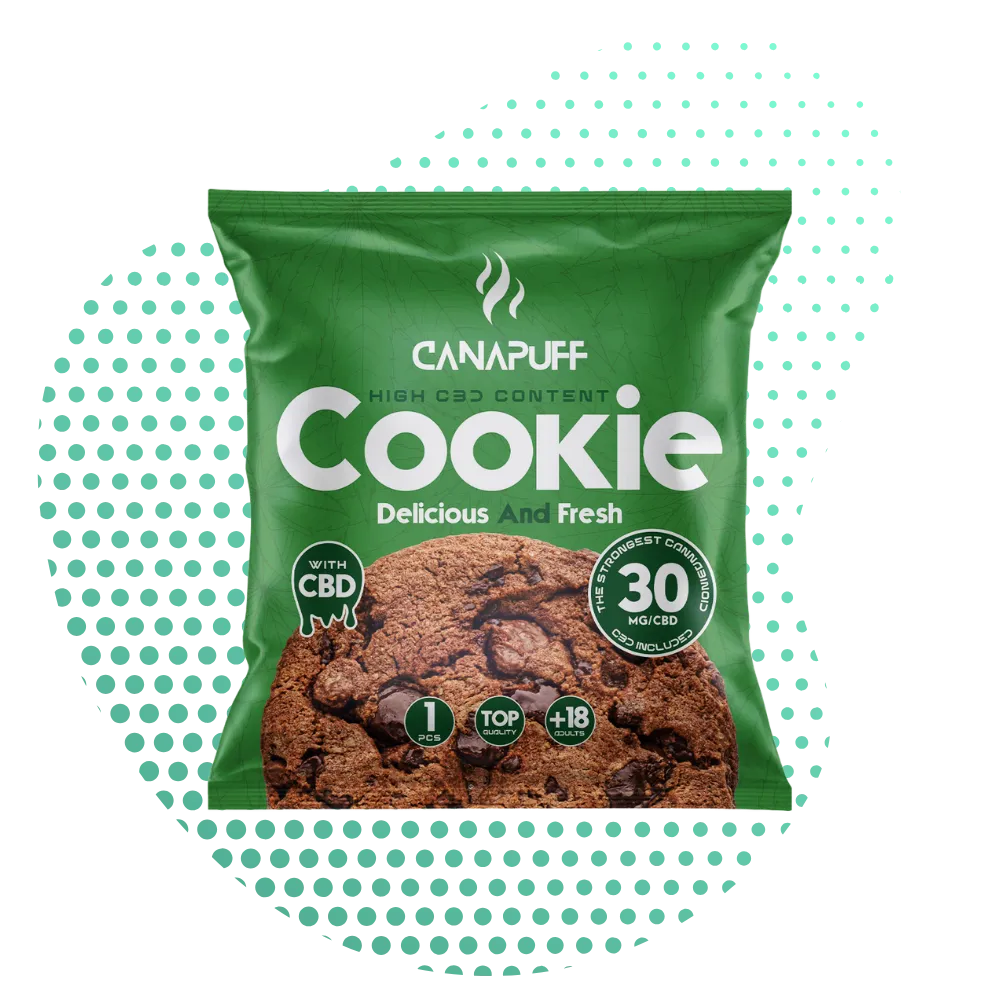



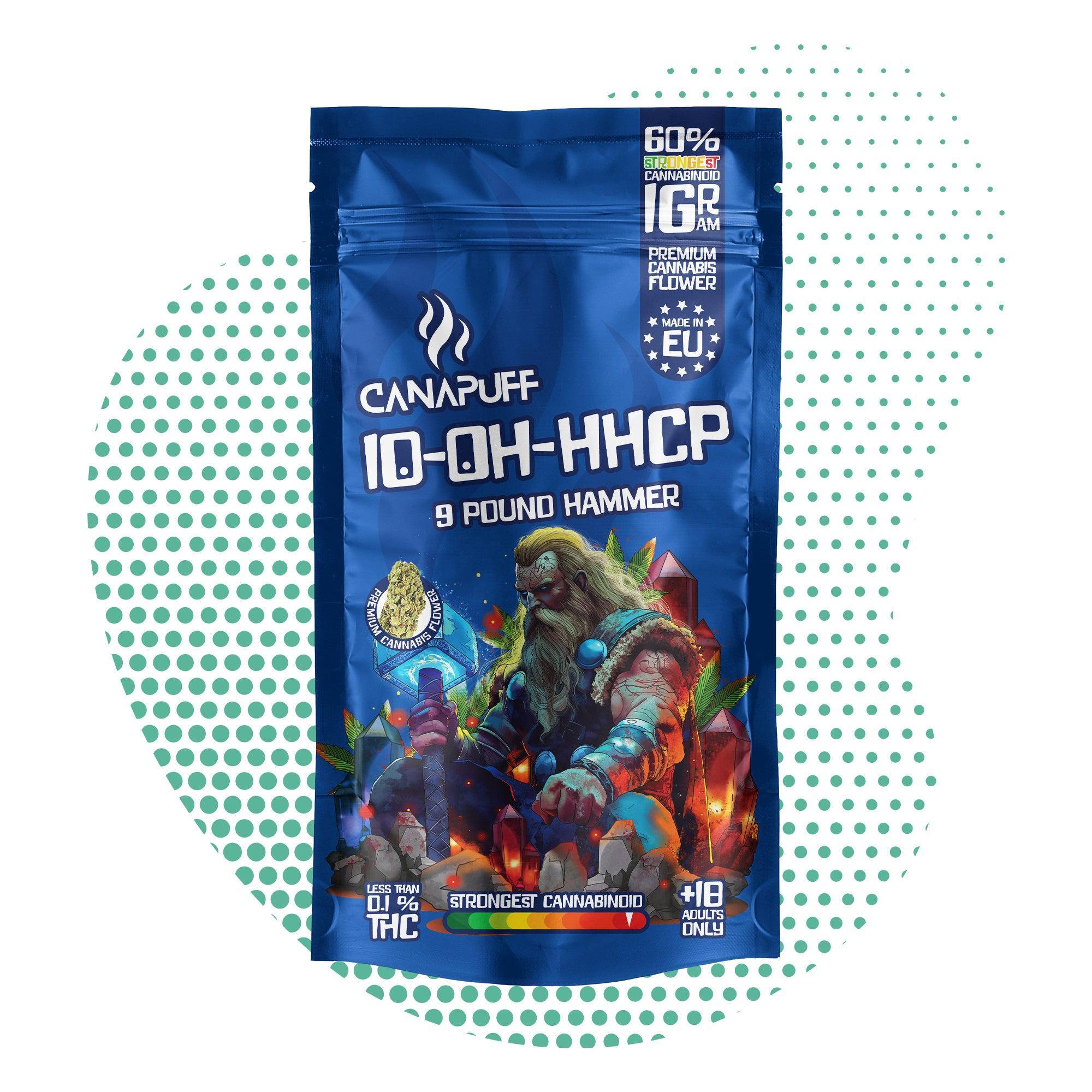

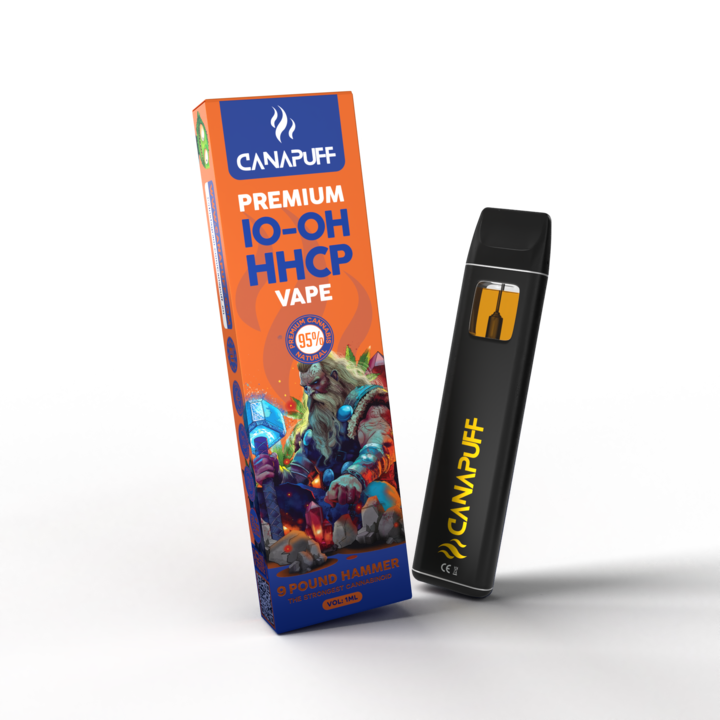
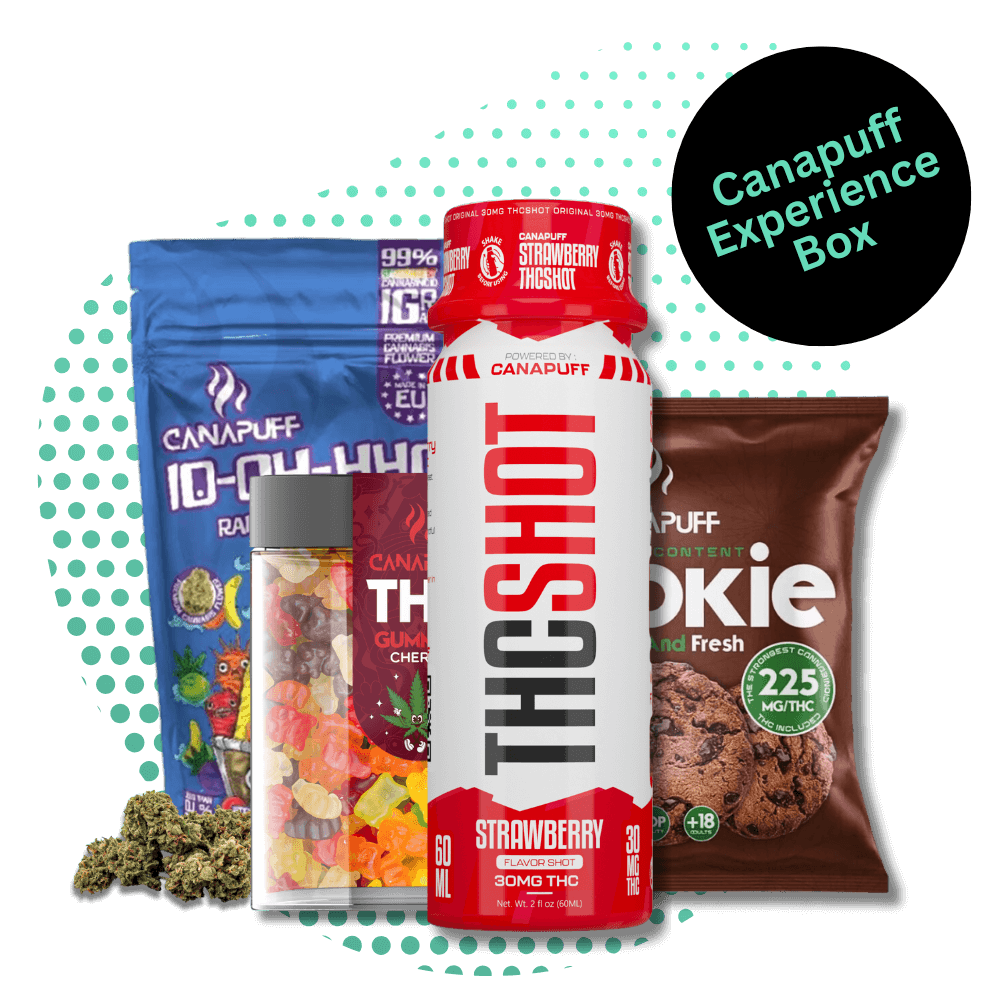
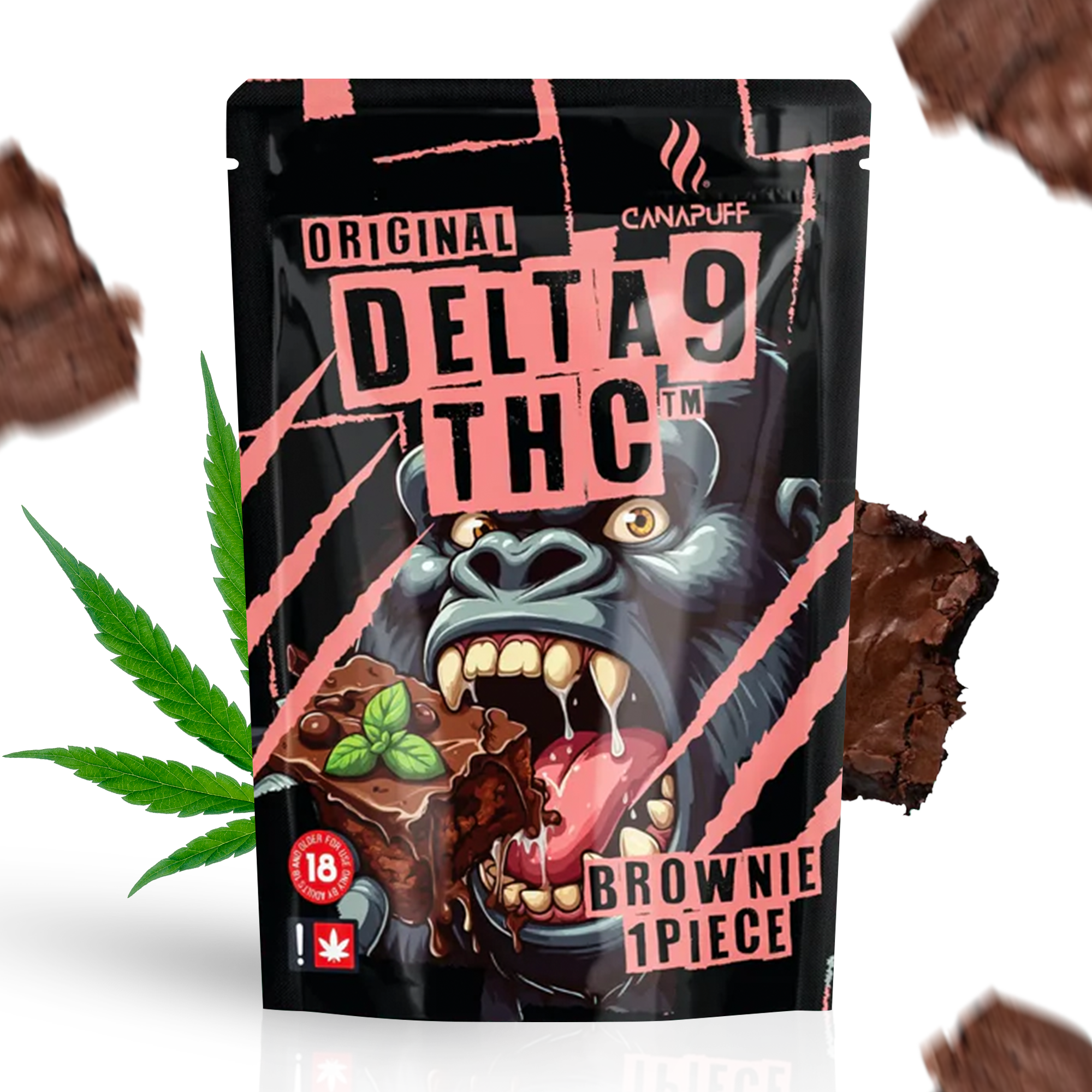

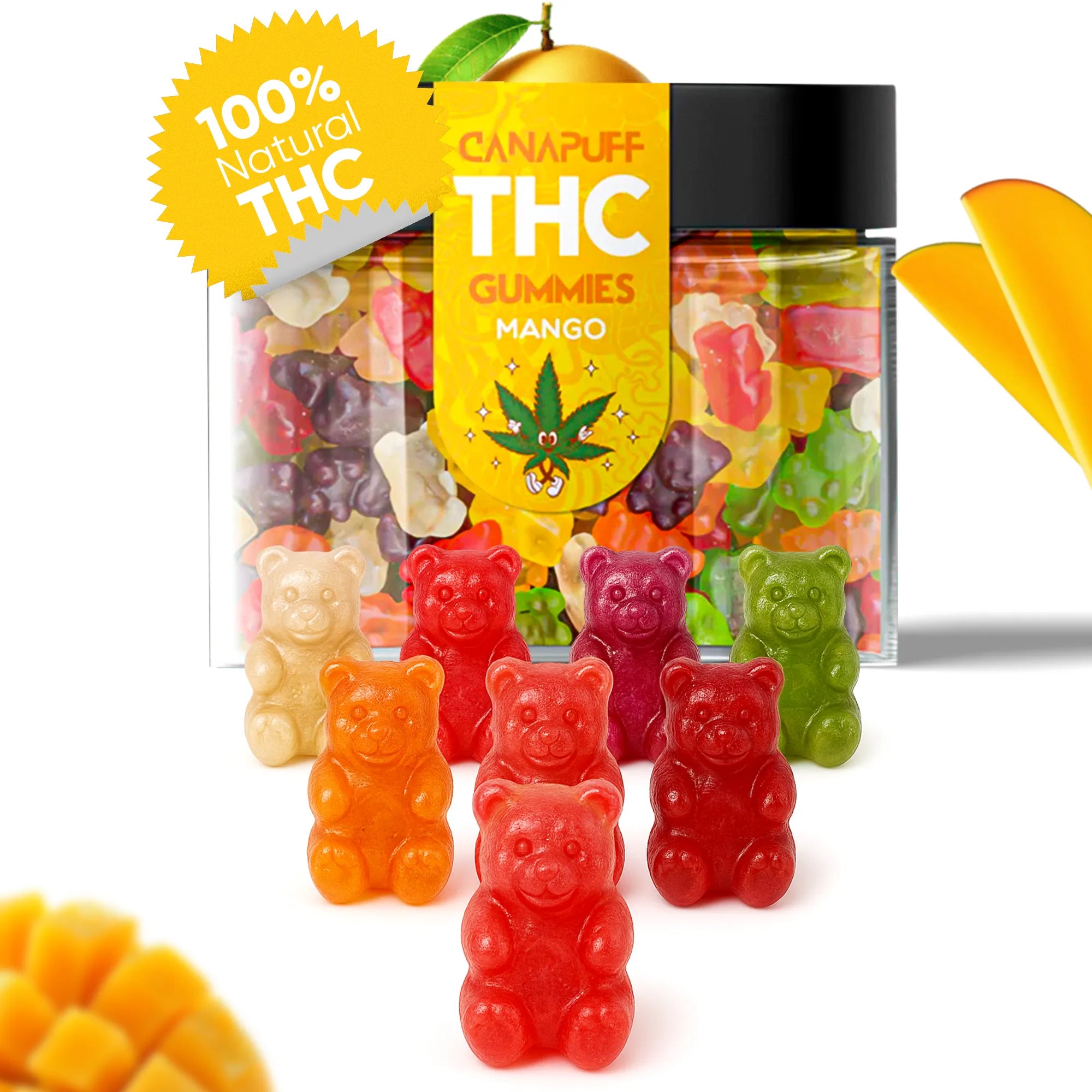
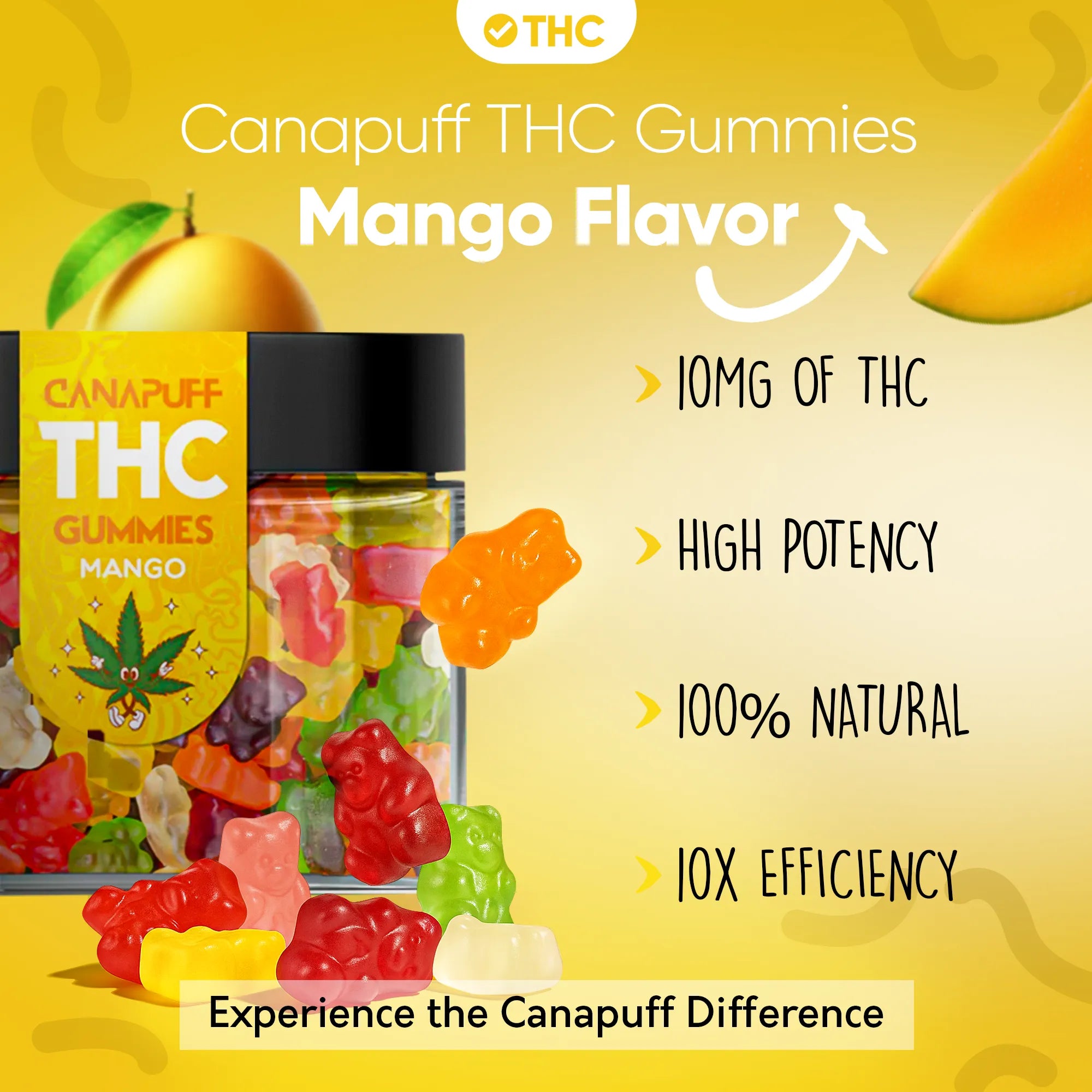

Laisser un commentaire
Ce site est protégé par hCaptcha, et la Politique de confidentialité et les Conditions de service de hCaptcha s’appliquent.